Ground shipping is currently paused. Local deliveries throughout Long Island will continue as usual. Pre-orders for fall are now open. Non-local orders will begin shipping again in early September. Click here to learn more.
Ground shipping is currently paused. Local deliveries throughout Long Island will continue as usual. Pre-orders for fall are now open. Non-local orders will begin shipping again in early September. Click here to learn more.
| Size | |
|---|---|
| Common Name | |
| Type | |
| Family | |
| Native? | |
| Zone | 3, 4, 5, 5b, 6 |
| Height Range (ft.) | 30 to 40 |
| Spread (ft.) | 20 to 30 |
| Bloom Time | |
| Bloom Description | inconspicuous, Small Catkins |
| Sun | |
| Water | |
| Maintenance | |
| Suggested Use | |
| Tolerate | |
| Growth Rate | |
| Attracts |
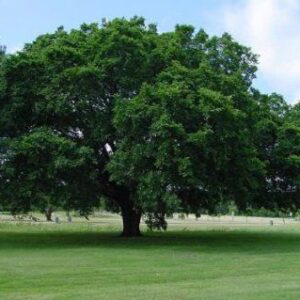
Betula populifolia ‘Whitespire’ is a fast-growing native birch with clean white bark, golden fall foliage, and strong wildlife value—ideal for tough, dry soils.
$210.99
Please note: Sizes 1.5 Gallon and up can’t be shipped outside the counties of Nassau, Suffolk, and Queens.
Learn more about how the process works and how our plants are delivered.
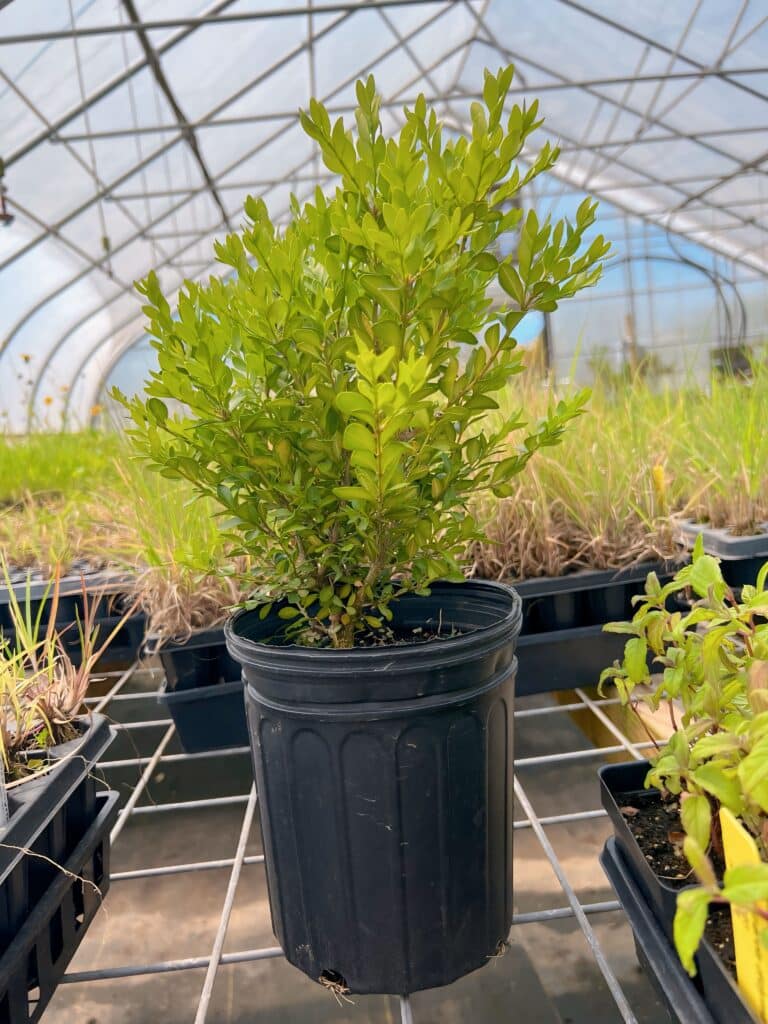

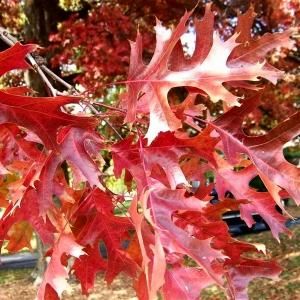
Ground shipping is paused due to summer heat. Only local delivery (Long Island & Queens) is available. Orders placed during the pause will begin processing September 1, and ground shipping will resume September 15.
| Size | |
|---|---|
| Common Name | |
| Type | |
| Family | |
| Native? | |
| Zone | 3, 4, 5, 5b, 6 |
| Height Range (ft.) | 30 to 40 |
| Spread (ft.) | 20 to 30 |
| Bloom Time | |
| Bloom Description | inconspicuous, Small Catkins |
| Sun | |
| Water | |
| Maintenance | |
| Suggested Use | |
| Tolerate | |
| Growth Rate | |
| Attracts |
Betula populifolia ‘Whitespire’, commonly known as Whitespire Gray Birch, is a fast-growing, narrow deciduous tree selected for its clean white bark and exceptional resistance to bronze birch borer. A cultivated form of the native Gray Birch, this adaptable tree typically grows 20 to 40 feet tall and 10 to 20 feet wide, forming a graceful, upright shape with multiple trunks or a single leader. Its dark green, triangular leaves flutter in the breeze and turn golden yellow in fall, offering seasonal interest from spring through late autumn. The smooth, chalky-white bark adds striking winter appeal. ‘Whitespire’ is highly tolerant of poor, dry, or sandy soils and is an excellent choice for naturalized plantings, tough urban sites, or restoration projects. As a cultivar of a native species, it supports wildlife and pollinators by serving as a host plant for native Lepidoptera and offering seeds for birds.
Ornamental bark: Bright white bark offers year-round visual interest
Native toughness: Tolerates dry, sandy, or nutrient-poor soils
Ecological value: Supports native pollinators and seed-eating birds
Sun exposure: Prefers full sun to light shade
Soil needs: Thrives in well-drained, poor, or sandy soils; avoid compacted or wet clay
Maintenance: Minimal; prune in winter to maintain form and remove weak growth
Native and naturalized plantings: A great choice for informal or wild gardens
Restoration sites: Thrives in disturbed soils and contributes to early successional growth
Pollinator gardens: Host plant for butterflies and moths, with seeds enjoyed by birds
Native cultivar: Retains the habitat value of the species while offering improved pest resistance
Wildlife support: Provides cover, larval food, and seeds for local fauna
Resilient landscape tree: Ideal for challenging soils and sustainable planting designs
/5
Total reviews
|
|
Persons recommended this product
Anonymous
Shopper
check_circle Verified
Shop owner replied
Was this helpful
Anonymous
Shopper
check_circle Verified
Shop owner replied
Was this helpful
There are no reviews yet.
Be the first to review “ ”
Your feedback helps us improve our service.
Please log in to submit a review.
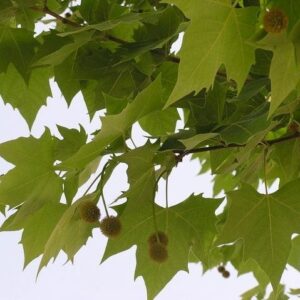
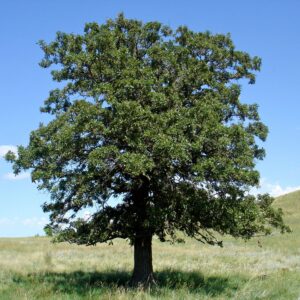
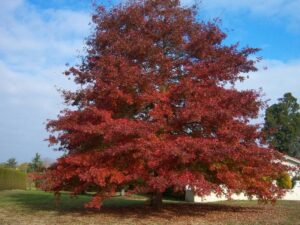
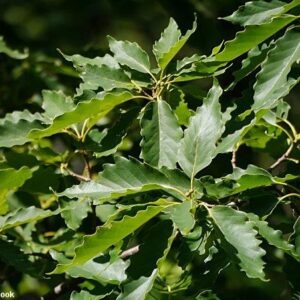
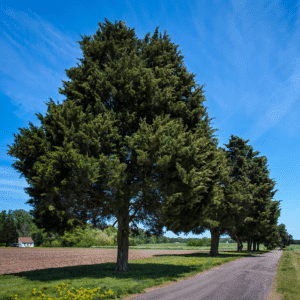
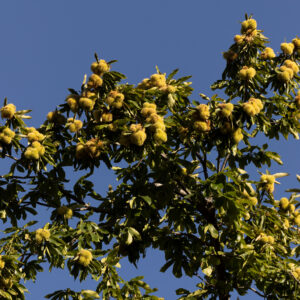
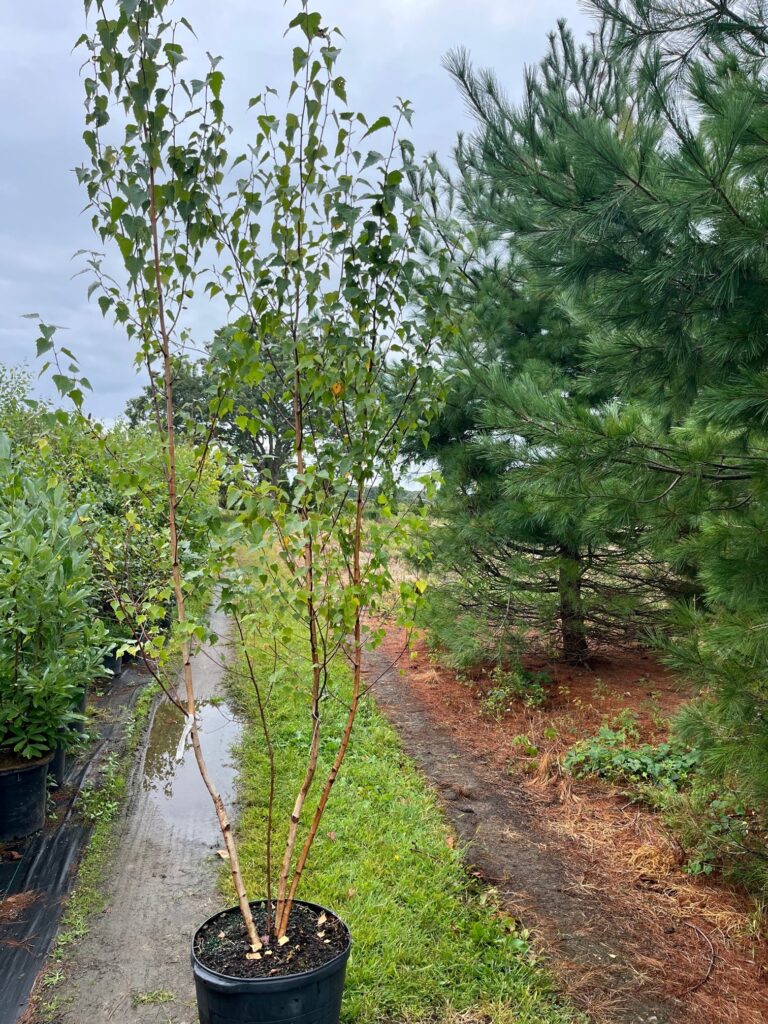
Yes. Betula populifolia (Gray Birch) is native to the northeastern United States, particularly in disturbed sites, dry soils, and forest edges. ‘Whitespire’ is a cultivar selected for ornamental use, and it maintains the ecological benefits of the native species.
‘Whitespire’ is prized for its clean, bright white bark that does not exfoliate like Paper Birch or River Birch. It is also noted for its resistance to bronze birch borer, a pest that affects many other birch species. This narrow, upright tree typically grows 30 to 40 feet tall and 15 to 25 feet wide, often with a multi-stemmed form.
‘Whitespire’ grows best in full sun and prefers well-drained, slightly acidic soils, but it tolerates poor, sandy, or dry soils as well. It is hardy in USDA zones 3 through 7 and is suitable for urban landscapes, naturalized plantings, and early-succession habitats.
Yes. Like the straight species, ‘Whitespire’ provides early spring pollen for bees and serves as a host plant for hundreds of native moth and butterfly larvae. Its seeds are eaten by birds and small mammals, and it offers cover and nesting habitat for a variety of wildlife.
Birches are not deer-resistant, and young ‘Whitespire’ trees may require protection from browsing. However, it is generally low-maintenance, pest-resistant, and fast-growing, especially in well-drained soils. Its adaptability and pest resistance make it a good choice for both ornamental and ecological landscapes.
Our gift cards make it easy to share the beauty of plants, flowers, and all things green. Whether for a special occasion or just because, give the gift of choice and let them select their favorites to create a garden they’ll cherish.
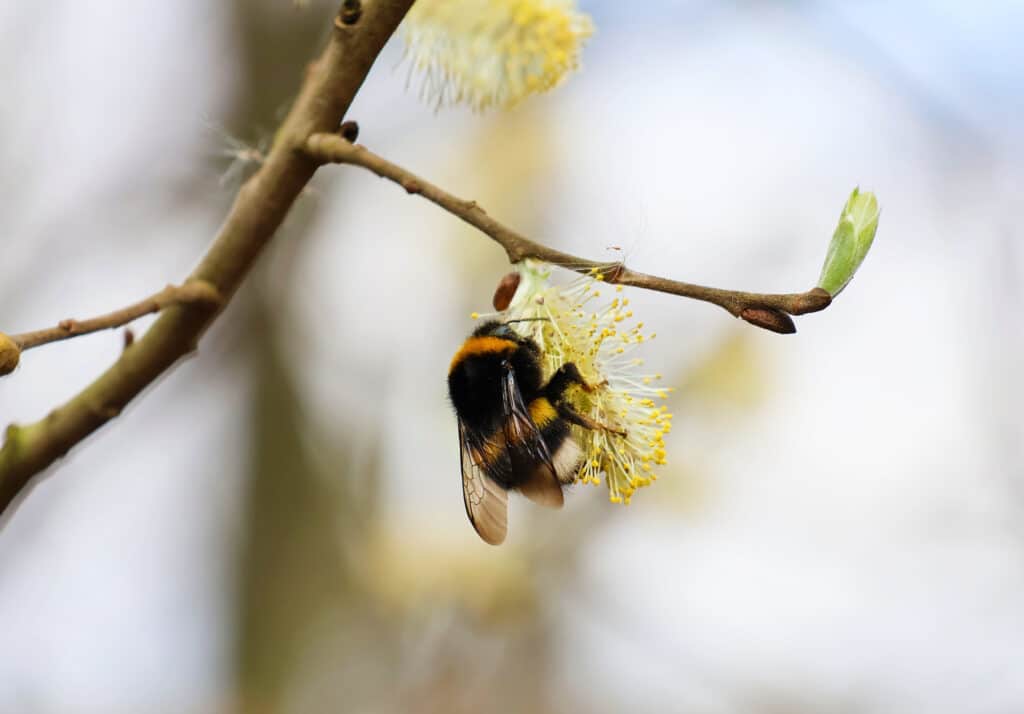
Only Local Delivery Available (Long Island & Queens)
Ground Shipping Paused
To protect our plants from extreme summer heat, we’ve paused nationwide ground shipping to avoid any damage during transit.
Local Delivery Only
We’re still delivering locally to Long Island and Queens, so nearby customers will continue to receive orders as usual.
Fall Pre-Orders Are Open Nationwide!
We will resume normal shipping for non-local orders placed during the pause in early September.
Thank you for your support and understanding—we’re looking forward to growing with you this fall!